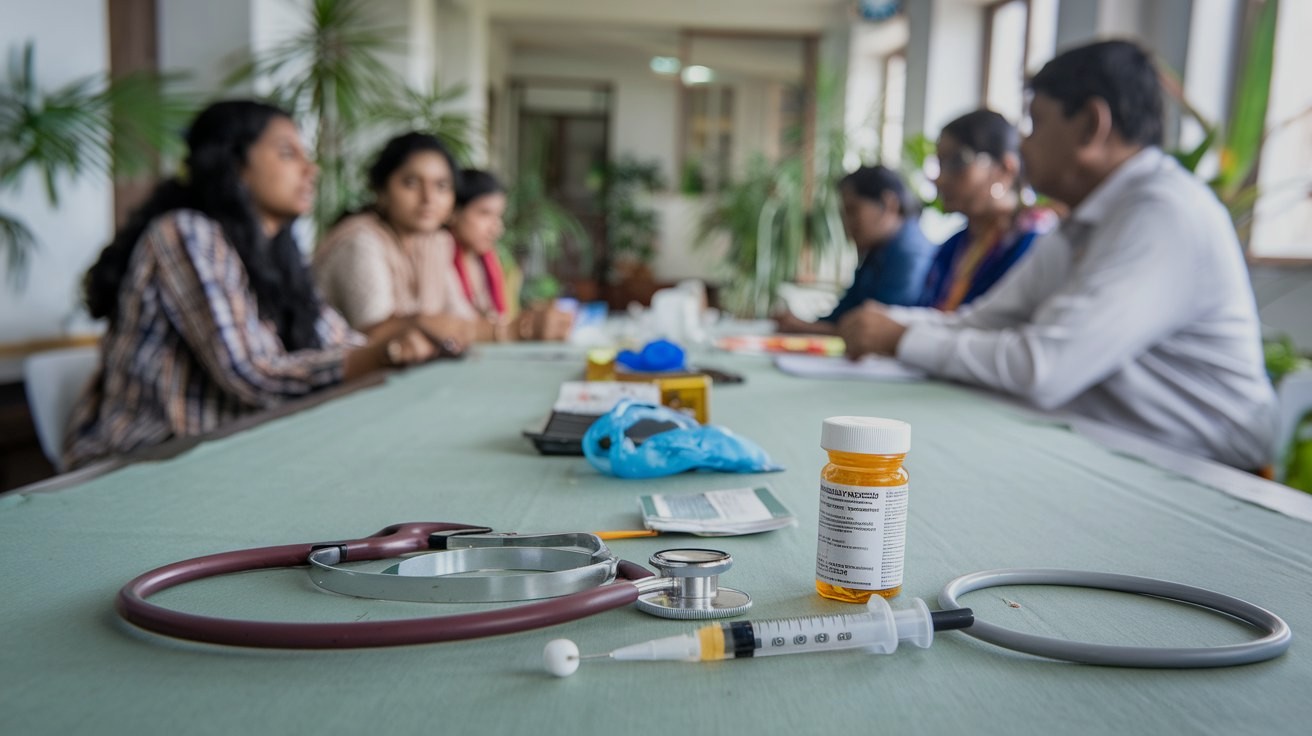Embarking on a journey in the pharmaceutical industry is a unique and impactful experience. From Research
and Development to Regulatory Affairs and Compliance and Manufacturing and Quality Control, Marketing
and product launch and Post-Marketing Surveillance, each phase in the industry requires High dedication
and Huge specialized skills.
The journey in the pharmaceutical industry is challenging but rewarding, with a significant impact on
global health. This career path allows individuals to innovate, address complex health issues, and bring
lifesaving therapies to patients around the world.
1. Marketing and Launch
- Product Launch Strategy: Teams prepare to introduce the drug to health care
providers and patients, often involving detailed market analysis, strategic planning, and training
for sales teams.
- Patient Education and Access: Access programs ensure the medication reaches those
who need it, while education initiatives help patients understand the benefits and risks of their
new therapy.
2. Pharmacovigilance and Post-Marketing Surveillance
Once a drug is on the market, continuous monitoring is essential to track any adverse events or side
effects that might emerge over time. This feedback loop helps improve the safety of future drugs.
3. Research and Development (R&D)
- Discovery Phase: This is where the search for new drugs begins. Scientists work on
identifying promising compounds and understanding the disease target.
- Preclinical Testing: Before human trials, potential drugs undergo extensive
laboratory testing to evaluate safety, efficacy, and dosage levels.
- Clinical Trials: Clinical trials have three main phases, each with specific goals
and increasing numbers of participants, aiming to test the safety, efficacy, and side effects.
4. Regulatory Affairs and Compliance
Regulatory affairs play a critical role in ensuring that drugs meet the rigorous standards set by
government health agencies like the FDA, EMA, or WHO. Experts in this field work to compile data, submit
new drug applications, and maintain compliance throughout the product's lifecycle.
5. Manufacturing and Quality Control
- Manufacturing Process: Once a drug passes clinical trials, it moves to large-scale
production. Facilities must meet Good Manufacturing Practices (GMP) to ensure consistency and
safety.
- Quality Assurance and Quality Control: Each batch of drugs undergoes strict testing
to confirm it meets the established standards. QA/QC is essential for preventing recalls and
ensuring patient safety.
- Know more about our Quality Policy.


